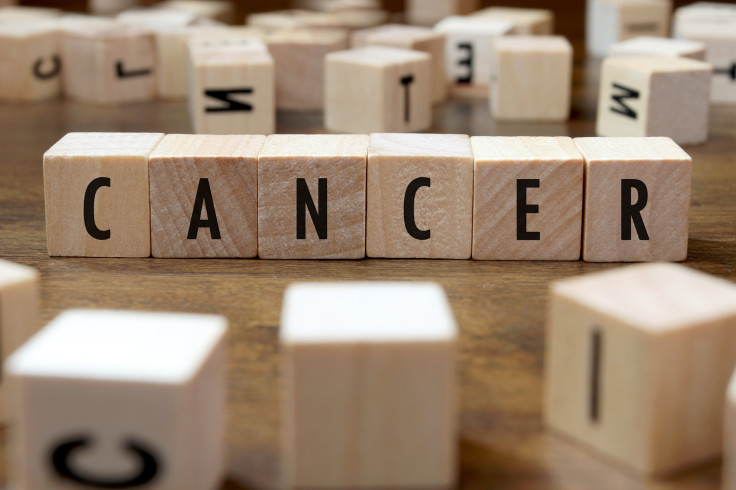What Causes Cancer? 5 Things That Have No Scientific Link To Tumor Growth

Each year, over a million people will be diagnosed with cancer. Over half a million will die from it, while the rest simply manage it. For some, chemotherapy or radiation therapy send it into remission, where there’s a chance it could come back. Others undergo surgery to remove the tumor, hoping no cancer cells are left behind. Despite the various hardships (which aren’t limited to the aforementioned) that follow a cancer diagnosis, it’s no longer a death sentence. Medical advancements, better screening techniques, and heightened awareness of early signs have led to a decrease in the number of cancer deaths over the past 20 years.
The goal, however, is to not get cancer in the first place. How, though, when cancer seems to just emerge out of nowhere? Smoking, leading a sedentary lifestyle, eating unhealthy foods, and spending lots of time in the sun without protecting your skin are just some ways you’ll increase your risk. And avoiding these known causes will dramatically lower your risk of cancer developing. Going further, some people may even avoid environmental factors that could possibly increase risk, such as living in polluted areas, drinking from plastic bottles, or eating lots of red meat.
With so many common things contributing to cancer risk, it’s easy to get bogged down worrying about each and every thing you do, especially when new studies warn of a new substance, product, or behavior each time. Sometimes, it’s just not true. Other times, there’s just not enough evidence to call it conclusive. Click "View Slideshow" above to see five examples of both.

Published by Medicaldaily.com



























